Businesses still defy official bank rate

Nqobile Tshili and Bongani Ndlovu, Chronicle Reporters
MOST companies in both the formal and informal sector have reverted to black market rate pricing in defiance of Statutory Instrument (SI) 127/2021 compelling businesses to use the official bank rate.
A Chronicle news crew yesterday observed that shops such as Greens Supermarket were now using US$1:$120, 24-hour Spar is using US$1:$115, Oceans Supermarket US$1:$120 as opposed to the official US$1:$86 being used by giant retail shops such as OK Zimbabwe Limited and TM Pick and Pay.
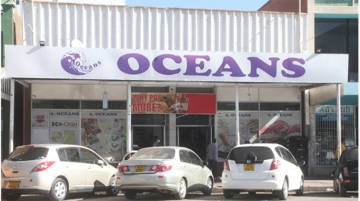
The Reserve Bank of Zimbabwe (RBZ) yesterday named and shamed 18 companies that were abusing the country’s Foreign Currency Auction System by trading above the bank rate despite receiving forex allocation from the Apex bank at the official rate.
The companies may each be fined up to $50 000 in accordance with SI 127/2021 which was promulgated last month to instil discipline in the financial sector.
When Government introduced SI 127/2021, most shops quickly complied with the new regulation but a few days later, most traders reverted to the parallel market rate.
The parallel rate is also rampant in the pharmaceutical sector with pharmacies such as QV Pharmacies pricing products at US$1: $130, while Emergency Pharmacies is using the US$1: $120 rate which is widely followed by other players in the same sector.

Confederation of Zimbabwe Retailers (CZR) president Mr Denford Mutashu defended retailers that are using the parallel market rates saying the RBZ auction system does not adequately cover most sectors.
“Foreign currency auction system is not accessible by all businesses and sourcing of goods is also varied depending on what currency one is holding. This affects final pricing. The blanket belief that the foreign currency exchange rate in its current state can be enforced is a bit distant from day-to-day realities within and outside business, formal and/informal,” said Mr Mutashu.
He said while SI 127/2021 intended to address discrepancies in the usage of foreign currency, it has brought negative effects on the market including price hikes.
“There are contrasting views on SI 127/2021. One school of thought believes it is a good intervention to nip arbitrage while another points to failure to deal with the unintended consequences like current price increases both in US$ and Zim dollar,” he said.
The pharmaceutical sector also shared concerns raised by the retailers stating that most of them do not get allocations from the RBZ auction system.
Pharmaceutical Society of Zimbabwe (PSZ) president Mr Portifa Mwendera said while the sector uses close to US$200 million annually, it was allocated less than US$10 million under the RBZ auction system.
“When we actually look at the list of companies that got forex from the auction system, it was a minority so the aggregate amount that was received by the sector was less than US$10 million in a country which is using close to US$200 million per year. This is actually a small drop compared to what we need. We are lobbying that more money is allocated so that it meets the needs of the country,” said Mr Mwendera.
He said to reduce the import bill and reduce the appetite for foreign currency, the sector is in consultation with Government on how to capacitate the manufacturing of medicines in the country.
He said prices charged by pharmacies are just a reflection of what they are charged by medicine wholesalers.
Meanwhile, RBZ said its financial intelligence unit has identified 18 companies that have been abusing the foreign exchange auction system.
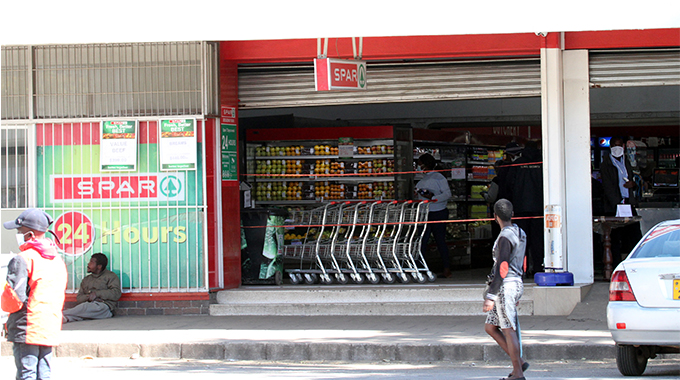
In a statement yesterday, RBZ Governor Dr John Mangudya said the guilty companies are National Foods (Pvt) Ltd, Georgia Petroleum (Pvt) Ltd, Tettola Investments (Pvt) Ltd, Africa Steel (Pvt) Ltd, Westville Investments (Pvt) Ltd (T/A Omni Africa), Flicknik Enterprises (Pvt) Ltd, Duo Valley Commodity Brokers, Faircclot Investments, GlenuLas Trading, Natural Stone Export Company, Nuvert Trading, Phirebrook Investments, Classic Energy, Clorex Energy, Explochem, Mutare Mart & Exchange, Souzcre Fuels and Kimya Investments.
“The Bank has a duty of care to ensure that the significant progress that the economy made since the introduction of the foreign exchange auction system in June 2020 continues on an unabated positive trajectory whilst at the same time protecting consumers and fostering compliance to engender fair play in the economy,” said Dr Mangudya.
“It is against these noble objectives that SI 127 was put in place to provide for penalties against errant entities that were at the forefront of abusing the foreign exchange auction system to the detriment of the stability of the economy.” — @nqotshili/-@bonganinkunzi.





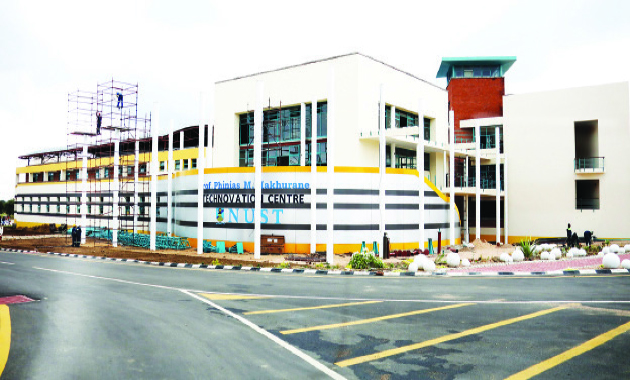




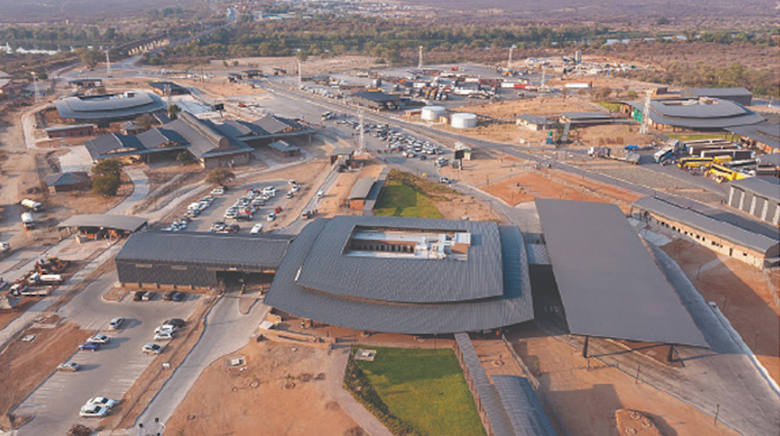
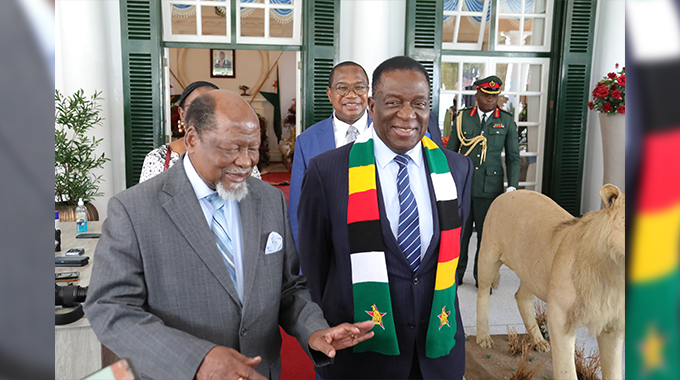
Comments